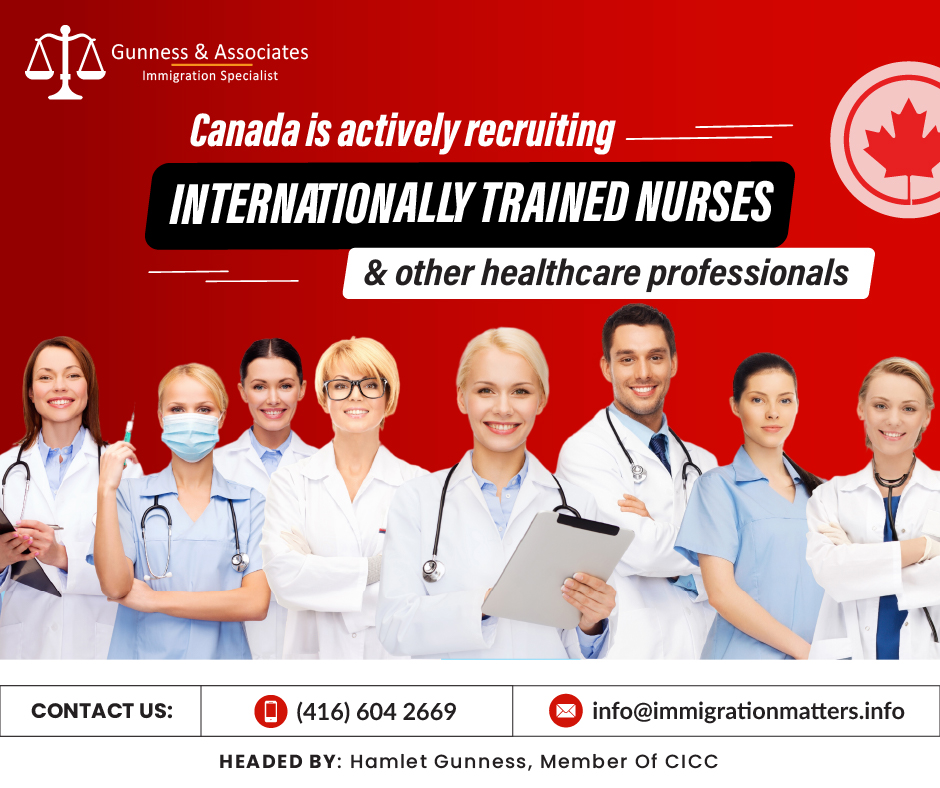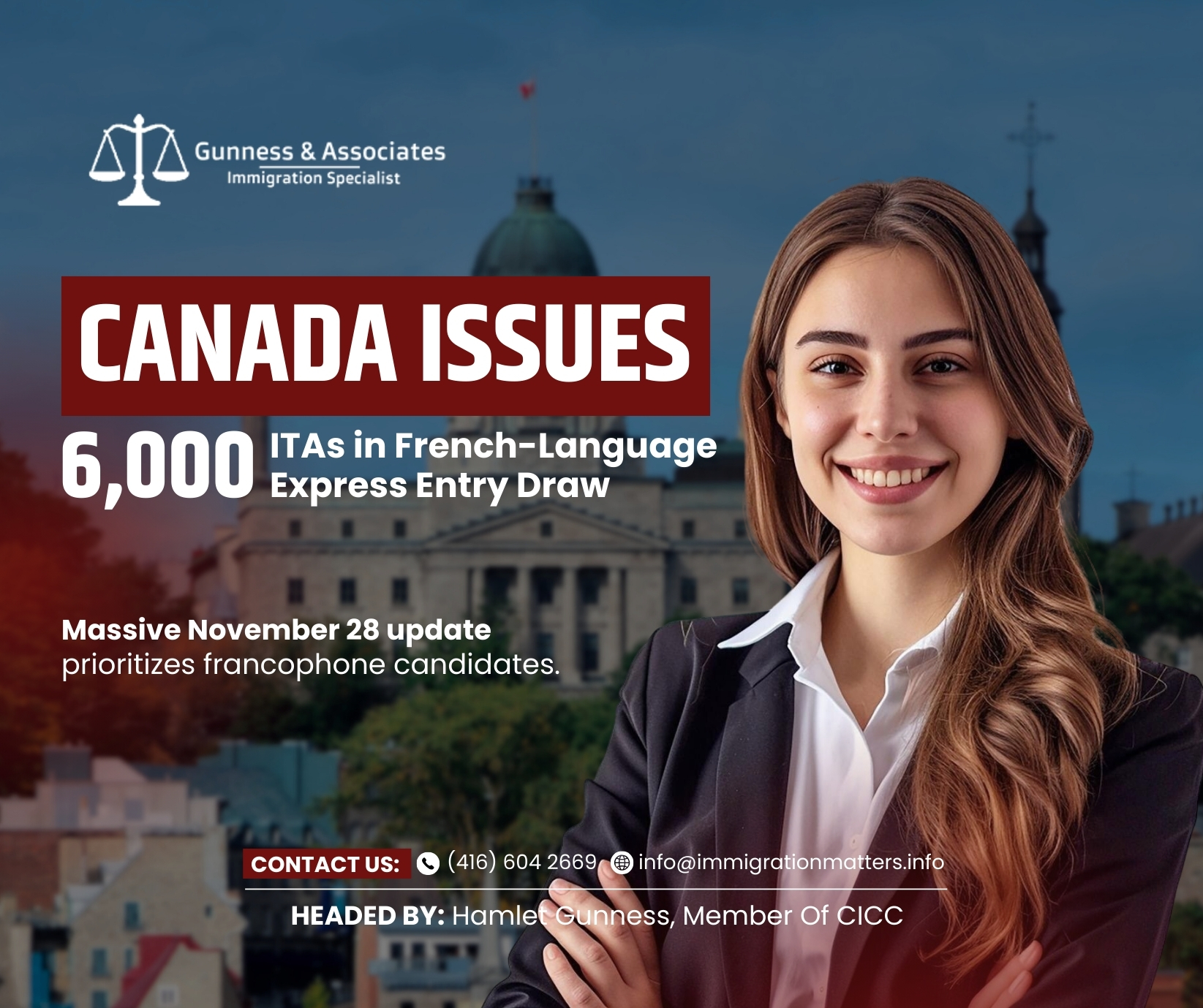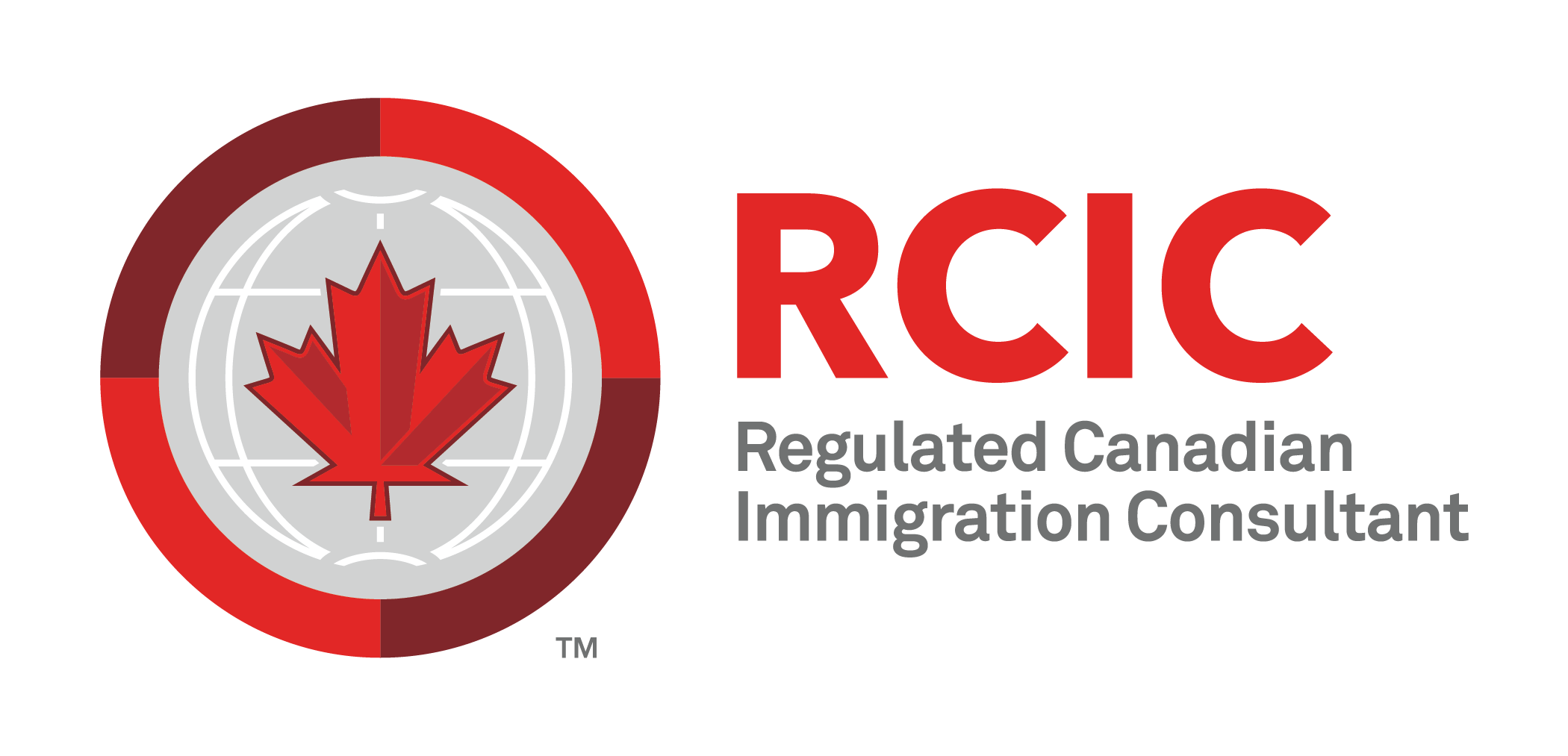Canada is actively recruiting internationally trained nurses and other healthcare professionals
April 27, 2023

Healthcare authorities recruited healthcare professionals overseas to address a severe labor shortage last year, resulting in increased immigration from internationally-trained nurses, orderlies, and other healthcare workers.
According to the latest data, 2,595 new permanent residents came to fill healthcare openings through the Express Entry system last year, up 28.1% from 2,025 the previous year.
Last year, Immigration, Refugees and Citizenship Canada (IRCC) made nurse aides and orderlies eligible for the Express Entry Federal Skilled Worker (FSW) program, as demand was very high for these highly-skilled workers.
The following job titles and occupational codes are included in Canada’s National Occupational Classification (NOC) 2021 system of identifying occupations:
- nurse aide or orderly – (NOC) 33102
- medical chemist – (NOC) 21101
- medical archivist – (NOC) 12111
- medical examiner – (NOC) 41310
- medical secretary – (NOC) 13112
- medical biochemist – (NOC) 21101
- medical physicist – (NOC) 21100
- health care assistant – (NOC) 33102
- medical laboratory assistants and related technical occupations – (NOC) 33101
- other assisting occupations in support of health services – (NOC) 33109
On November 16, the IRCC introduced 16 more occupations to its list of qualifying occupations under that worker immigration program, changing the FSW in a way that made that possible. Due to this, 359 additional occupations became eligible for the FSW on the day the IRCC’s (NOC) 2021 came into effect.
Through the Canadian Experience Class program of the Express Entry system, healthcare workers can also immigrate to Canada. Provinces and territories can also nominate healthcare professionals for permanent residency through their Provincial Nominee Programs (PNP) if they meet particular regional labor market requirements and intend to settle in that province or territory. Provinces may suggest individuals for their non-Express Entry paper-based streams or they can recruit applicants from the Express Entry pool.
The Honourable President of Canada, Sylvian Brousseau stated that:
“The wait times for medical and surgical operations are getting longer and longer in Canada, and it’s getting harder for people to get the care they need. “We have seen many stories of emergency departments closing down or reducing their hours of operation in many parts of the country just over the past few weeks,” he continued. The cause of the emergency is simple: Canada is facing a serious nursing shortage and health workforce crisis.”
Immigration minister Sean Fraser said that:
“We are addressing the labor crisis with every tool at our disposal, particularly in major sectors like healthcare, construction, and transportation.”
The nurses, physicians, and other hospital staff that depend on nurse aides and orderlies for basic patient care are the lifeblood of any hospital or nursing home. According to data from the federal Job Bank website for job searching and career planning, individuals earn a median annual income of $40,950 in Canada based on a typical 37.5-hour work week.
Also, Read;
CANADA WILL REQUIRE 30,000 IMMIGRANTS TO REPLACE RETIRING FARMERS
Want to know more details about “Canada is actively recruiting internationally trained nurses and other healthcare professionals” you can contact one of our immigration specialists at Gunness & Associates.
Tel: (416) 604-2669
Email: info@immigrationmatters.info
Gunness & Associates has helped thousands of people successfully immigrate to Canada with their families. Our skilled and experienced immigration experts have the expertise to accurately examine your case and advise you on the best method of proceeding to best serve your needs.
For honest and straightforward advice, contact the experts
Get a free Assessment
Join our newsletter and get up-to-date immigration news Click here
All rights reserved ©2023 Gunness & Associates







